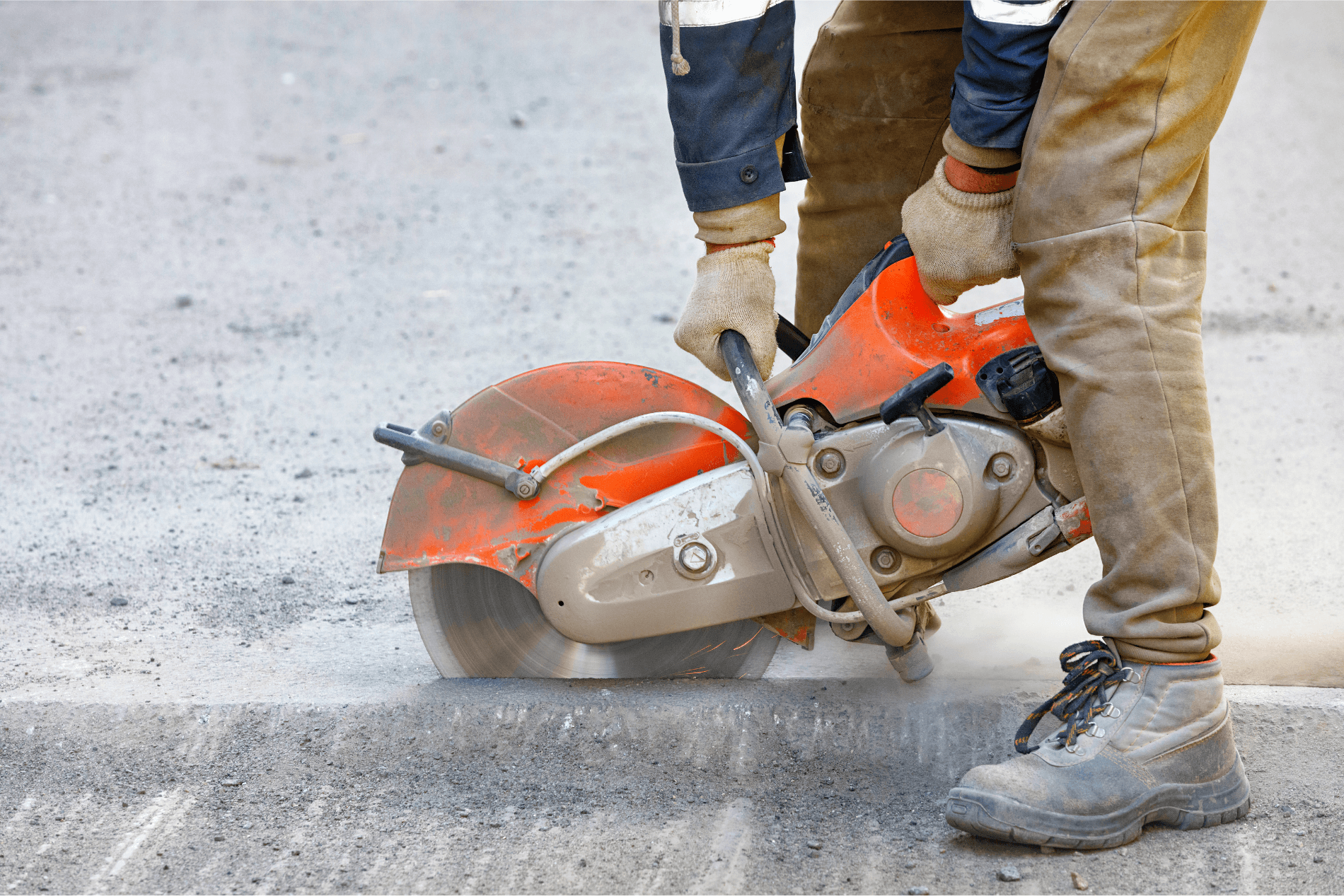
Hearing loss can be caused by a number of factors, and while we often associate it with loud music or workplace noise, there are surprising threats to our hearing right at home. Household items and daily activities can sometimes lead to hearing loss. By understanding these potential risks, you can take steps to protect your hearing health within the comfort of your own home.
Hair Dryers and Vacuum Cleaners
Hair dryers and vacuum cleaners are two common household items known for producing a lot of noise. Prolonged exposure to the sound of a hairdryer can potentially damage your hearing, particularly if you’re consistently blow-drying your hair. Similarly, the continuous use of a vacuum cleaner can contribute to noise-induced hearing loss. To safeguard your hearing, consider wearing ear protection or opting for quieter models of these appliances.
Kitchen Blenders and Food Processors
Kitchen appliances like blenders and food processors are great tools for preparing meals, but they can be surprisingly loud. The rapid spinning blades and motors generate noise levels that, over time, may harm your hearing. To mitigate this risk, choose appliances with noise-reducing features and limit your exposure to noise by taking short breaks during food preparation.
Power Tools
Power tools, including drills, saws, and sanders, are commonly used in home improvement projects. These tools can produce high-intensity noise that may lead to hearing damage if proper precautions are not taken. When using power tools, always wear hearing protection, such as earmuffs or earplugs, to ensure your hearing remains safe during your DIY endeavors.
Lawnmowers and Leaf Blowers
Maintaining a well-kept lawn is a common chore, and lawnmowers and leaf blowers are indispensable tools for this task. However, they generate substantial noise levels that could potentially harm your hearing. To reduce the risk, consider using noise-canceling earmuffs or earplugs when operating these outdoor appliances.
Home Workshops
DIY enthusiasts and hobbyists often have home workshops or a garage space where they can work on various projects. These spaces are filled with potentially noisy tools and machinery. When working in your home workshop, always prioritize hearing protection. Earmuffs, earplugs, or noise-canceling headphones can help reduce your exposure to harmful noise levels.
Sporting Equipment
Sports enthusiasts who engage in activities like target shooting, hunting, ATVing, or other noisy hobbies can expose themselves to high noise levels that may result in hearing damage. For these activities, specialized hearing protection is essential to prevent potential harm to your hearing.
Musical Instruments
If you play a musical instrument like the trumpet or drums, practicing at home can lead to hearing damage. When practicing, wear hearing protection or invest in specialized hearing protection to safeguard your hearing.
Home Entertainment Systems
The appeal of home entertainment systems lies in their ability to deliver immersive audio experiences. However, watching TV or movies at high volumes through headphones or surround sound systems can damage your hearing over time. It’s crucial to enjoy your home entertainment while being mindful of the volume levels, allowing you to protect your hearing without sacrificing enjoyment.
Fireworks
Celebrations often involve fireworks displays, but the loud cracks and booms of fireworks can pose a risk to your hearing. The explosive noises can reach dangerous decibel levels. When enjoying fireworks, make sure to keep a safe distance and consider wearing hearing protection to safeguard your ears while still reveling in the spectacle.
Visit Us to Learn More About Your Hearing Health
Hearing loss has a range of causes, including unexpected household items and activities. By being aware of potential risks, you can take proactive steps to protect your hearing health. Whether it’s choosing quieter appliances, wearing hearing protection, or lowering the volume of your home entertainment systems, you can ensure that your home remains a safe haven for your hearing.
If you think you may have hearing loss, visit us for a hearing test. Together we’ll find out more about your hearing health and find out what sounds you’re missing. If you have hearing loss, we’ll suggest a treatment option to match your lifestyle and hearing needs. Do you want custom hearing protection? We can help you find the perfect protection to keep your hearing safe.
